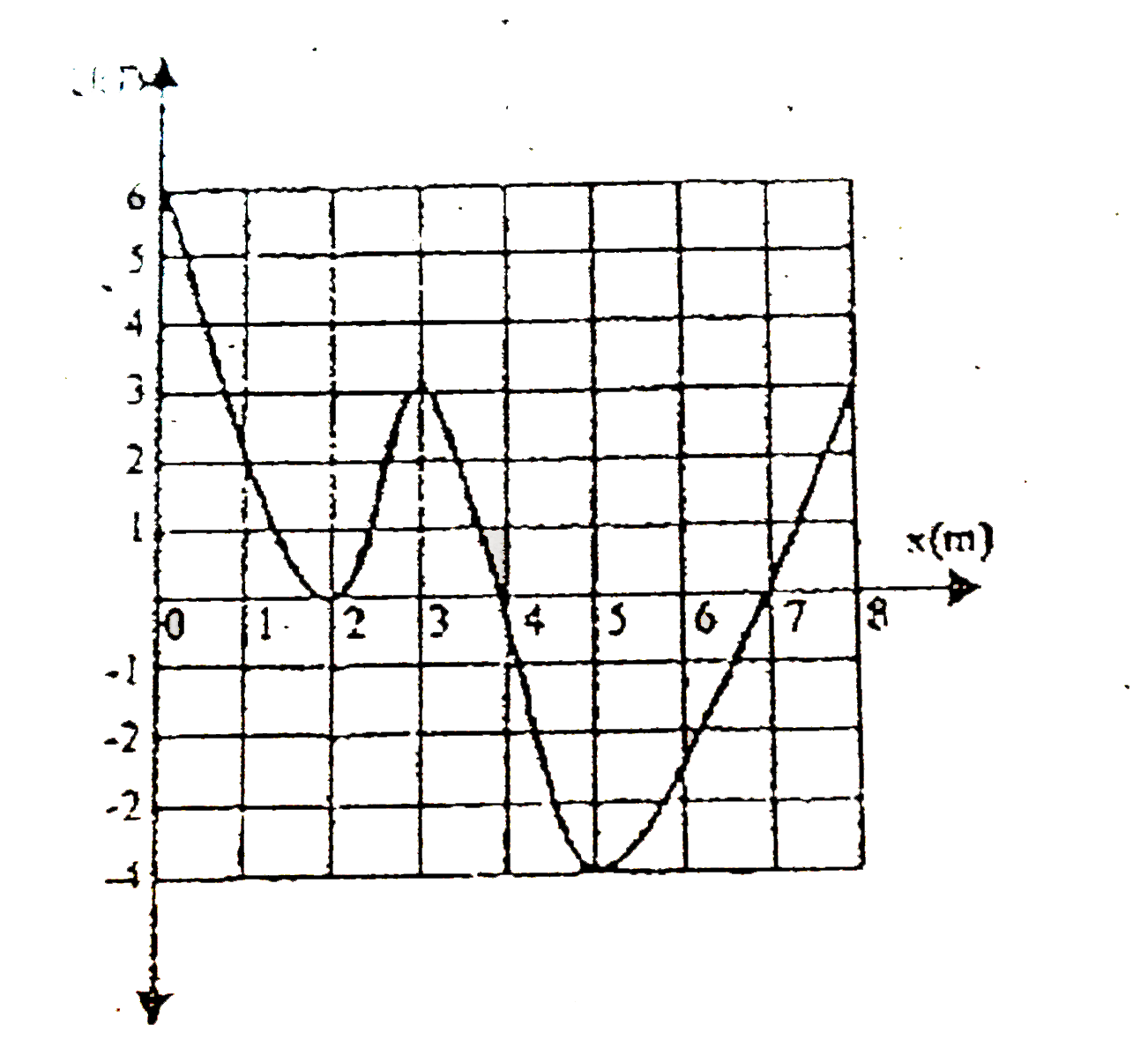According to equipartition law of energy each particle in a system of particles have thermal energy E equal to
E=kBT
E=(1/2)kBT
E=3kBT
E=(3/2)kBT
The correct Answer is:B
To solve the question regarding the equipartition law of energy, we can follow these steps:
1. Understand the Equipartition Law of Energy:
The equipartition law states that in a system at thermal equilibrium, the total energy is distributed equally among all degrees of freedom of the particles in the system.
2. Identify Degrees of Freedom:
Each degree of freedom corresponds to a specific way in which a particle can store energy. For example, in three-dimensional space, a particle has three translational degrees of freedom (movement in x, y, and z directions).
3. Energy Associated with Each Degree of Freedom:
According to the equipartition theorem, the energy associated with each degree of freedom (denoted as EF) is given by the formula:
EF=12kBT
where kB is the Boltzmann constant and T is the absolute temperature in Kelvin.
4. Total Thermal Energy for Each Particle:
If a particle has f degrees of freedom, the total thermal energy E for that particle can be expressed as:
E=f⋅EF=f⋅(12kBT)
5. Conclusion:
Therefore, according to the equipartition law of energy, each particle in a system of particles has thermal energy E equal to:
E=f2kBT
Final Answer:
The thermal energy E for each particle in a system according to the equipartition law is given by:
E=f2kBT
The equipartition law states that in a system at thermal equilibrium, the total energy is distributed equally among all degrees of freedom of the particles in the system.
Each degree of freedom corresponds to a specific way in which a particle can store energy. For example, in three-dimensional space, a particle has three translational degrees of freedom (movement in x, y, and z directions).
According to the equipartition theorem, the energy associated with each degree of freedom (denoted as EF) is given by the formula:
EF=12kBT
where kB is the Boltzmann constant and T is the absolute temperature in Kelvin.
If a particle has f degrees of freedom, the total thermal energy E for that particle can be expressed as:
E=f⋅EF=f⋅(12kBT)
Therefore, according to the equipartition law of energy, each particle in a system of particles has thermal energy E equal to:
E=f2kBT
The thermal energy E for each particle in a system according to the equipartition law is given by:
E=f2kBT
Topper's Solved these Questions
- BOOK - DC PANDEY ENGLISHCHAPTER - THERMOMETRY THERMAL EXPANSION AND KINETIC THEORY OF GASESEXERCISE - Match the columns5videos
THERMOMETRY THERMAL EXPANSION AND KINETIC THEORY OF GASES
- BOOK - DC PANDEY ENGLISHCHAPTER - SUPERPOSITION OF WAVESEXERCISE - Level 2 Subjective8videos
SUPERPOSITION OF WAVES
- BOOK - DC PANDEY ENGLISHCHAPTER - THERMOMETRY,THERMAL EXPANSION & KINETIC THEORY OF GASESEXERCISE - Level 2 Subjective9videos
THERMOMETRY,THERMAL EXPANSION & KINETIC THEORY OF GASES
Similar Questions
State the law of equipartition of energy.
View SolutionAccording to the law of equipartition of energy, internal energy of an ideal gas at a given temperature, is equally distributed in translational and rotational kinetic energies.
Rotational kinetic energy of a monoatomic gas is zero.View Solution
Knowledge Check
- Question 1 - Select One
According to the law of equipartition of energy, the energy associated with each degree of freedom is :
AE=kBTBE=12kBTCE=3kBTDE=32kBT
According to Newton's law of gravitation each particle attracts every other particle. But we do not see bodies on the surface of the earth moving towards each other. Why?
View SolutionAccording to the law of equipartition of energy, the energy associated with each degree of freedom is :
View SolutionState and prove law of equipartition of energy.
View SolutionPotential energy curve U of a particle as function of the position of a particle is shown. The particle has total mechanical energy E of 3.0 joules. Then select correct alternative.
 View Solution
View SolutionThe total work done on a particle is equal to the change in its mechanical energy
View SolutionA particle of mass m moves in the potential energy U shoen above. The period of the motion when the particle has total energy E is
View SolutionThe total work done on a particle is equal to the change in its kinetic energy
View Solution
